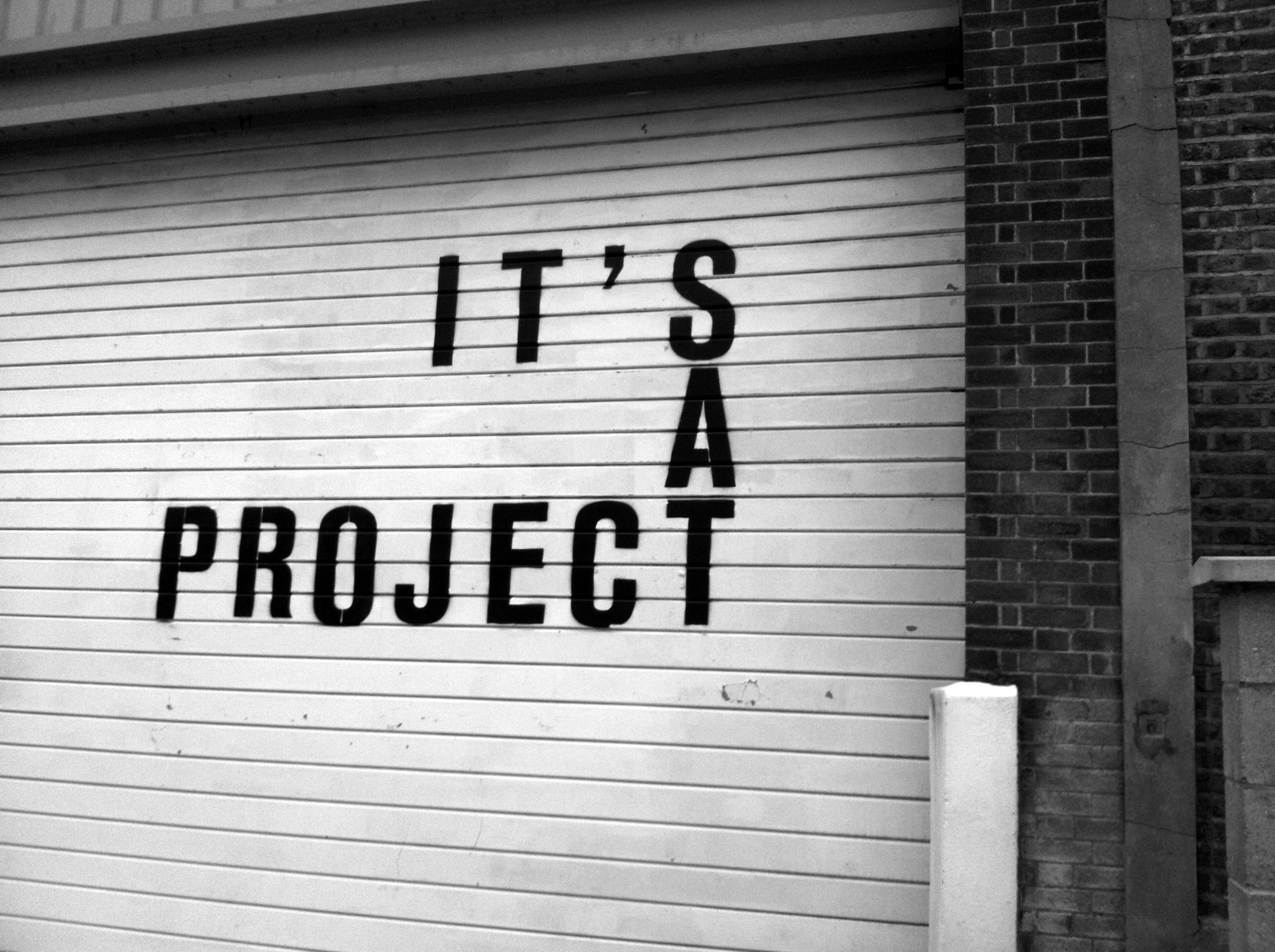Ten takeaways from yesterday's Girls in Tech event "The Future of News" at Guardian HQ:
Olivia Solon talking to Tanya Cordrey, director of digital development at The Guardian, who took over the digital development team three years ago.
1.
Challenge of communication in an ever growing team: The Guardian's digital development team which is responsible for developing and launching a wide range of products, grew from 60 people three years ago to about 150 now. Cordrey stressed the importance of setting up appropriate internal comms. Simple things, such as a monthly get together where newcomers introduce themselves, help. Even if the "something not many people know about me" item they are asked to reveal about themselves then might turn out to be "I'm a member of the Taliban." as one person apparently once said ...
2.
News companies need excellent techies but how can they compete with all the other companies in other industries that are out there trying to lure away the best talent? According to Cordrey it's all about the mission: "I've realised that fantastic people in technology want to work for a mission, and The Guardian is lucky in that respect. We've got an amazing mission and amazing journalism."
3.
On the ongoing discussion if news companies now also have to be tech companies:
"We're a news company that does get tech. Being a news company and a tech company is not in conflict. And we got to be brilliant at both."
4.
One thing online news still need to crack: Allow for the same kind of serendipity as print journalism does, simply because of the format a newspaper has. How do you come across that one story online that no algorithm would ever bring up for you, even if you might still be interested in it?
5.
On using data: It does not influence the content at such (i.e. what kind of stories will be written) but it helps the team to deploy their resources better. Data helps to determine how and where a story works best ("Here's a good Twitter story, here's one for Facebook" etc).
6.
The three most popular stories on The Guardian ever paint a nice picture of what The Guardian is about: Number one, Snowden video. Number two, article "Five top regrets of the dying". Number three, photo gallery on decaying buildings in Detroit.
7.
The Guardian's commitment to "open" (open journalism) comprises everything including digital development: New website that is currently in development has been put out in beta to get feedback from users. It's not one big launch but "a dribbling out in bits and pieces."
8.
Working with the biggies such as Google, Facebook and Apple on their product development is a great way to learn: "For example, we learned a lot from Facebook about how to get people to sign up. Green buttons are the thing apparently ..."
9.
On the new paid-for Guardian membership scheme: A lot of research over years went into developing the idea, and the proposition of attaching The Guardian brand to other "things" (events, talks, café, restaurants, etc) turned out to be "resoundingly appealing". The success of events like the Open Guardian Weekend last year which was sold out (and where meeting the crosswords editor was particularly popular with readers) shows that people, digital age or not, still want to have a physical relationship with The Guardian. Cordrey stressed that the Guardian brand stands for certain values. So much so that even non-Guardian readers are looking for their potential partners on Guardian Soulmates because, well, after all "you'd want to marry someone nice." In that context, so Cordrey, the membership scheme is not about extending the brand but about utilising it more.
10.
Watch out for the new Guardian website (once the dribbling out in bits and pieces is done). In the context of discussing the fact that homepages are still not as flexible layout-wise as the cover pages of newspapers, Cordrey hinted at exciting things to come: "With the new website, we're pushing the boundaries more than any other news organisation. And I hope we will have this issue cracked."

